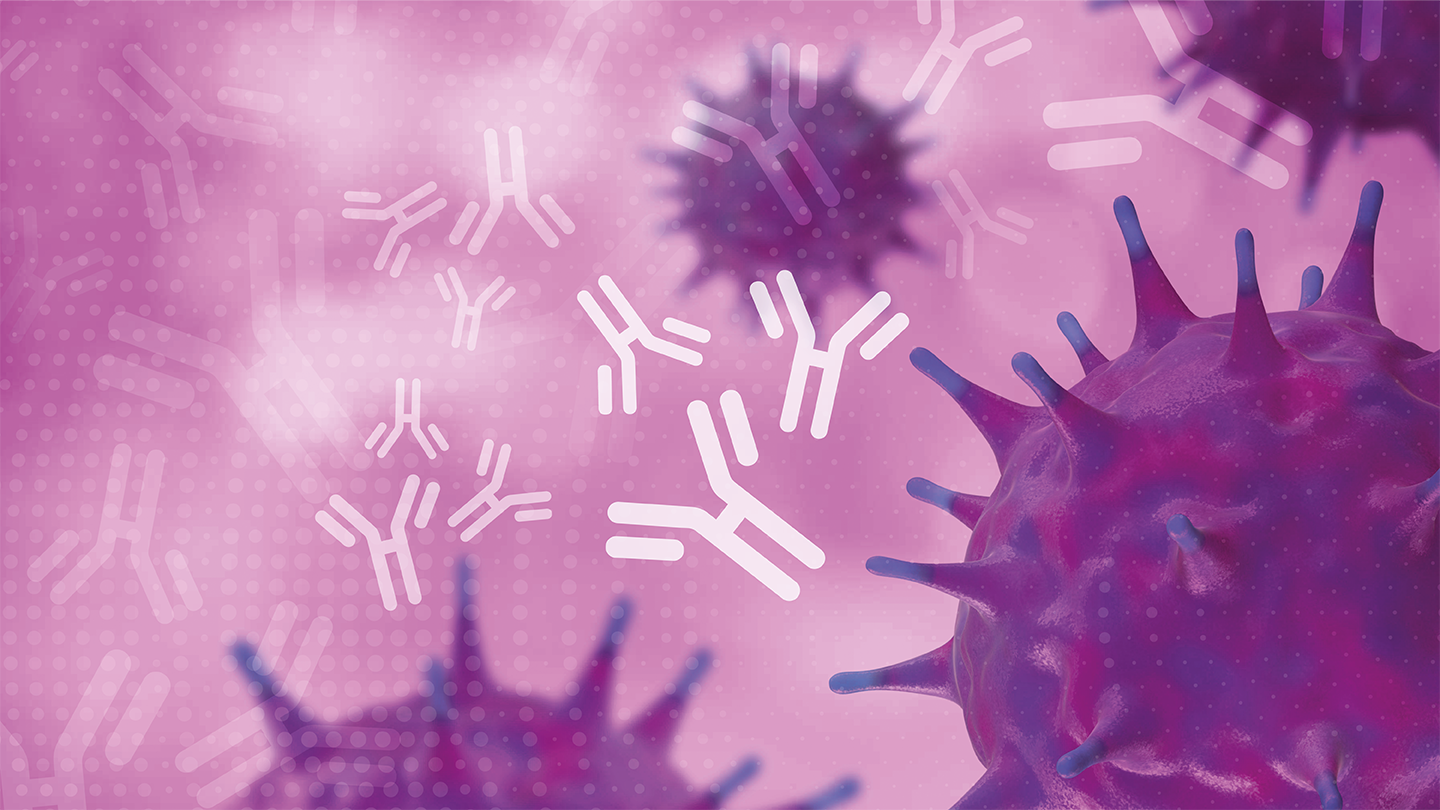News Flash: May 2023
Stories that were infectious enough to make headlines this month
First time for everything. The FDA has approved Arexvy, the first vaccine for respiratory syncytial virus (RSV) for use in adults aged 60 years and above (1). RSV is highly contagious and causes infection of the lungs, which can lead to life-threatening pneumonia and bronchiolitis. Each year, RSV is responsible for about 60,000–120,000 hospitalizations and 6,000–10,000 deaths among US adults aged 65 years and above. A single dose of Arexvy reduced the risk of RSV-associated lower respiratory tract disease by 82.6 percent and severe RSV-associated lower respiratory tract disease by 94.1 percent in adults over 60 years, according to ongoing clinical trials.
…and the end of an era. In a media briefing on May 5, 2023, the World Health Organization’s (WHO) Director-General Tedros Adhanom Ghebreyesus said, “Yesterday, the Emergency Committee met for the 15th time and recommended to me that I declare an end to the public health emergency of international concern. I have accepted that advice. It is therefore with great hope that I declare COVID-19 over as a global health emergency.” The pandemic is still very much a global health threat, Adhanom Ghebreyesus warns, but the announcement means that countries can now shift from dealing with COVID-19 as an emergency to managing it like other infectious diseases (2).
Too much, too soon? Speaking of announcements, on May 11, 2023, WHO declared that mpox is also no longer a PHEIC, citing the 90 percent decrease in reported cases over the past three months, compared with the previous three (3). Mpox’s emergency status has helped raise awareness of the neglected disease – despite already being endemic in several countries across Africa – and shift vital resources to tackling the global outbreak. However, speaking to Nature, WHO emergency committee members Dimie Ogoina and Boghuma Titanji disagree with the decision to strip its PHEIC status, saying the decision may divert support from governments and public-health leaders in African countries such as Nigeria (4).
Easing up. In 1983, gay and bisexual men were banned from donating blood in the US; now, 40 years later, the FDA has finalized recommendations for assessing blood donor eligibility using risk-based questions to reduce the risk of transfusion-transmitted HIV (5). Regardless of sexual orientation, sex, or gender, every donor will be asked the same series of individual, risk-based questions to glean their eligibility. In 2022, the American Red Cross declared a national blood crisis and, as of May 12, 2023, 32 percent of community blood centers across North America had only 1–2 days worth of blood supply, and 14 percent only had one day’s worth (6). The new guidance could cast a wider net on how many people are eligible to donate blood, while ensuring safety standards for the blood supply are upheld.
References
US Food and Drug Administration, “FDA Approves First Respiratory Syncytial Virus (RSV) Vaccine” (2023). Available at: bit.ly/42Wfn0o.
World Health Organization, “WHO press conference on COVID-19 and other global health issues - 5 May 2023” (2023). Available at: bit.ly/3I0CMpf.
World Health Organization, “Fifth Meeting of the International Health Regulations (2005) (IHR) Emergency Committee on the Multi-Country Outbreak of mpox (monkeypox)” (2023). Available at: bit.ly/3M3srdl.
L Liverpool, “‘The disease will be neglected’: scientists react to WHO ending mpox emergency” (2023). Available at: bit.ly/42Ql9Au.
US Food and Drug Administration, “FDA Finalizes Move to Recommend Individual Risk Assessment to Determine Eligibility for Blood Donations” (2023). Available at: bit.ly/3ObMppc.
America’s Blood Centers, “Current National Blood Supply” (2023). Available at: bit.ly/41GDnU6.





